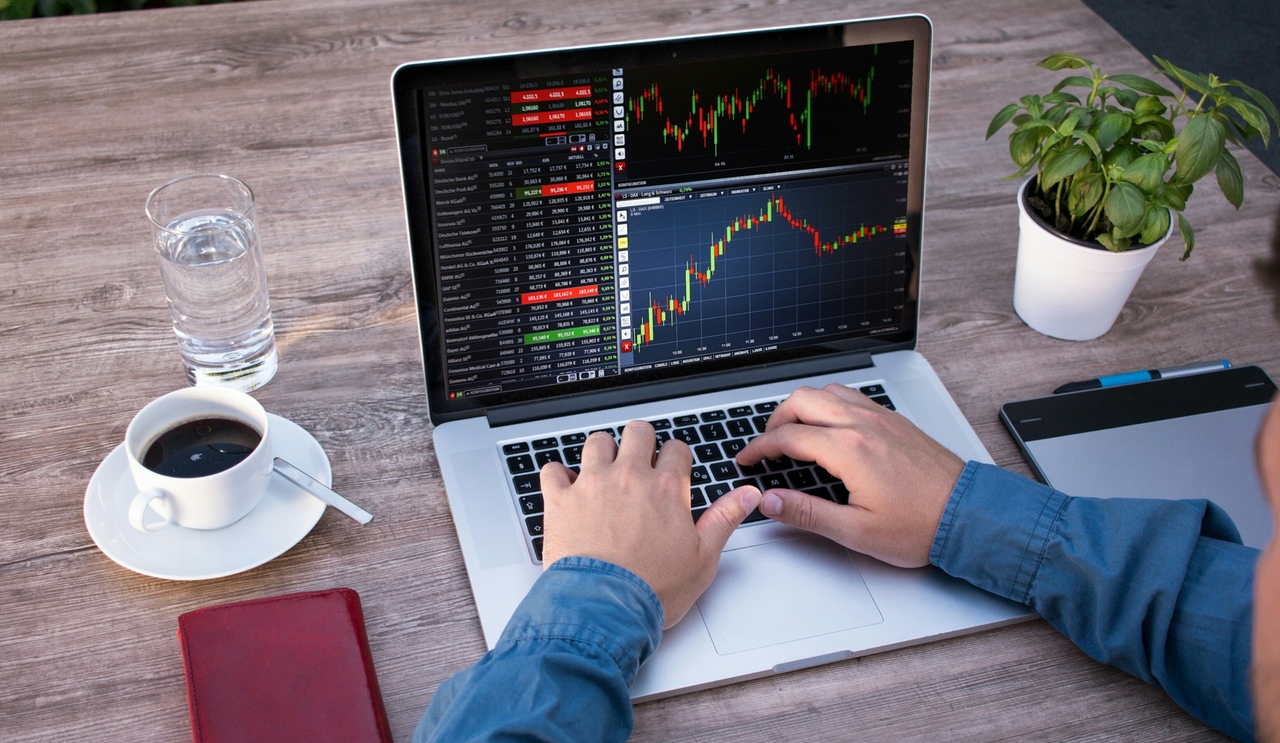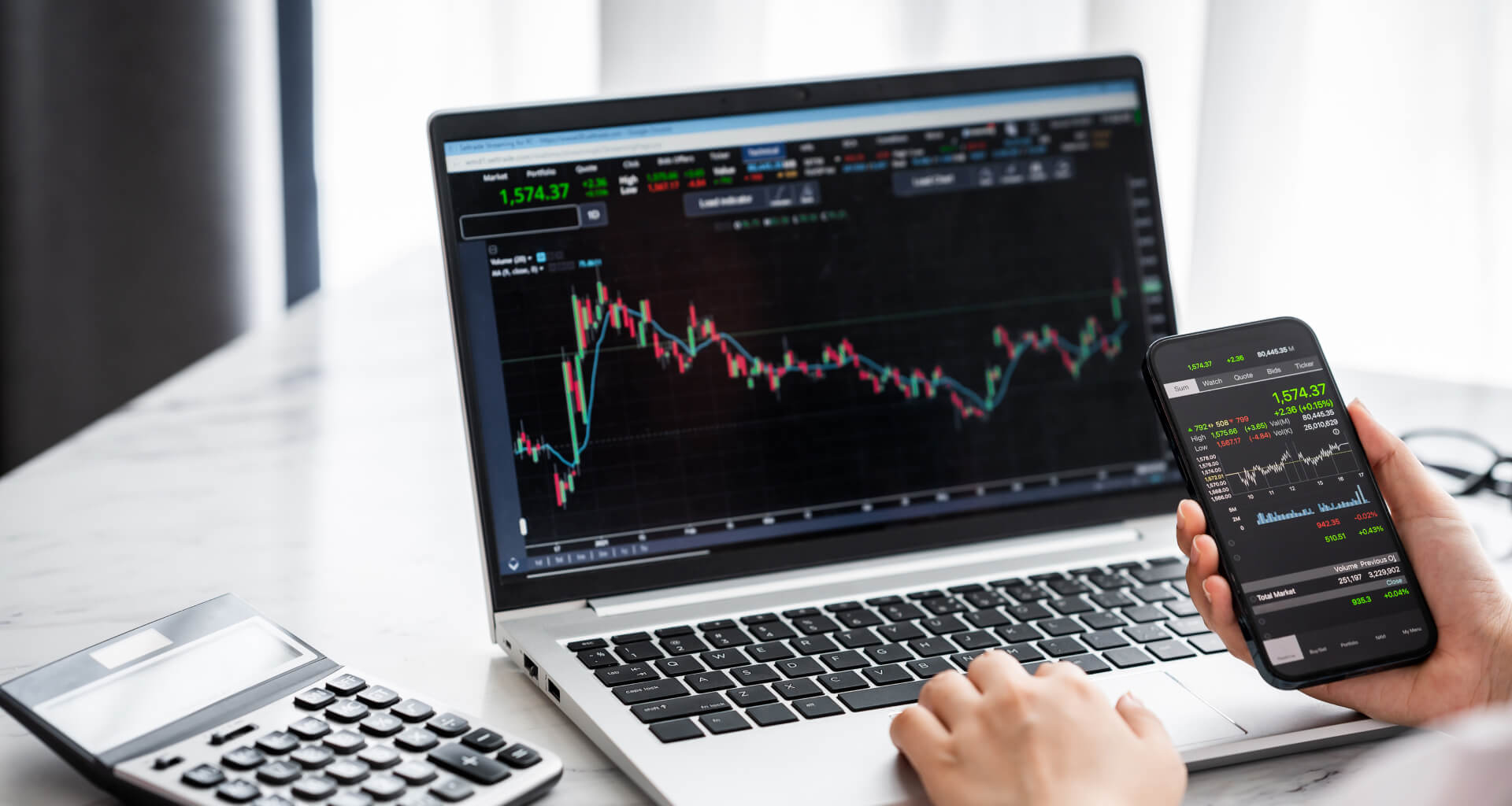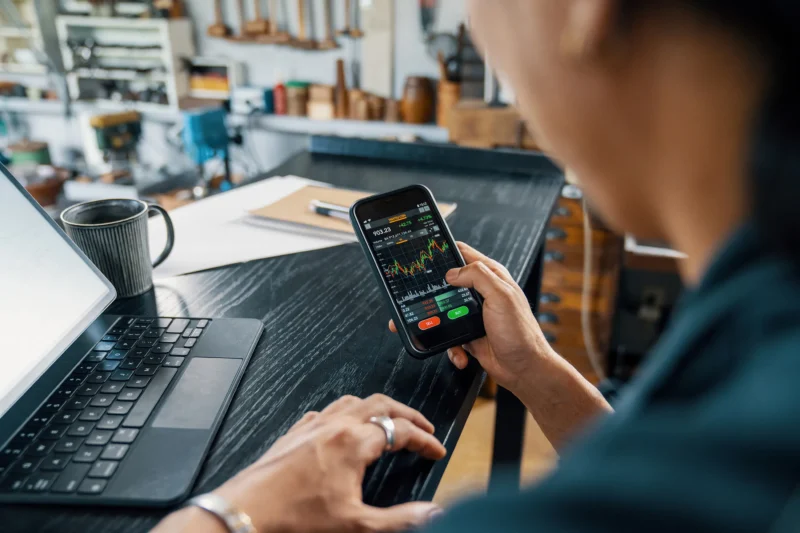In the fast-evolving landscape of finance and trading, the thirst for knowledge often seems insatiable. Many aspiring traders immerse themselves in books and take exhaustive courses, believing that theoretical knowledge is the key to success.
But does this structured learning genuinely prepare one for the chaotic dance of the markets? Enter simulated trading—a realm where theory meets action, where mistakes carry no financial burden, yet lessons sink deep. In this digital playground, traders can experiment, adapt, and confront the psychological hurdles that books can only gloss over.
As we delve into the potential advantages of simulated trading, we’ll explore whether it offers a more profound understanding of the markets compared to traditional learning methods. Can this hands-on experience truly sharpen a traders instincts, or does it simply act as an alluring distraction from real-world challenges? Let’s find out.
The Benefits of Simulated Trading

Simulated trading offers a dynamic alternative to traditional learning methods, immersing aspiring traders in a risk-free environment where they can hone their skills. Picture this: rather than passively absorbing information from a textbook or video, you’re actively engaging with the market, making decisions that test your knowledge in real-time.
Tools like bar replay free features allow traders to revisit and analyze past market scenarios, enhancing their ability to identify patterns and refine strategies. You get to experiment with diverse strategies, observe the immediate consequences of your trades, and adapt on the fly.
This hands-on experience not only enhances your understanding of market mechanics but also cultivates emotional resilience, something that purely academic approaches often overlook. Additionally, the ability to review your trading patterns and mistakes fosters a deeper learning experience, allowing you to refine your techniques and become a more astute trader.
In essence, simulated trading simulates the market’s complexities, providing lessons that books and courses alone simply cannot replicate.
Comparing Simulated Trading to Traditional Learning Methods

When examining the merits of simulated trading versus traditional learning methods, an intriguing comparison emerges. Traditional approaches, such as books and courses, lay a foundational understanding of market mechanics, trading strategies, and economic principles. However, they often remain abstract and theoretical, detached from real-world dynamics.
In contrast, simulated trading immerses learners in an interactive environment, where emotions, rapid decision-making, and market fluctuations play out in real time. This hands-on experience allows traders to make mistakes without financial repercussions, cultivating a deeper understanding of risk management and strategy adaptation.
While traditional methods may provide the what and why, simulated trading excels in delivering the how — enabling learners to engage with the markets pulse and refine their skills through practice and reflection. It’s this dynamic interplay, where knowledge meets experience, that makes simulated trading a compelling complement, or even an alternative, to conventional education.
The Role of Risk Management in Simulated Environments

In the realm of simulated trading, risk management emerges as a critical pillar, providing traders with a framework to navigate the tumultuous waters of financial markets. Unlike traditional textbooks that often present theoretical concepts in a sterile, detached manner, simulated environments thrust participants into dynamic scenarios that require real-time decision-making.
Here, the stakes feel palpable; traders must assess potential losses, weigh their options, and deploy strategies that mitigate risk while pursuing gain. The iterative nature of simulation allows for experimentation, where traders can learn from mistakes without the financial repercussions of live trading.
Moreover, by encountering various market conditions—volatile swings, sudden downturns, and unexpected news events—participants develop an intuitive grasp of risk management that transcends mere textbook knowledge, evolving into an invaluable skill that can be applied in real-world trading. As they learn to balance risk and reward in a safe setting, the insights gained can prove transformative, laying a solid foundation for future success in volatile financial landscapes.
Conclusion
In conclusion, while traditional books and courses provide a solid foundation of theoretical knowledge, simulated trading emerges as an invaluable tool for practical learning and skill enhancement. By offering a real-time trading experience without the financial risks, platforms that incorporate bar replay free allow traders to refine their strategies and gain insights that can often be overlooked in a classroom setting.
This hands-on approach not only accelerates the learning process but also builds the confidence necessary to navigate the complexities of the financial markets. Ultimately, the combination of simulated trading and educational resources creates a well-rounded trader who is better prepared to succeed in the ever-evolving landscape of trading.



